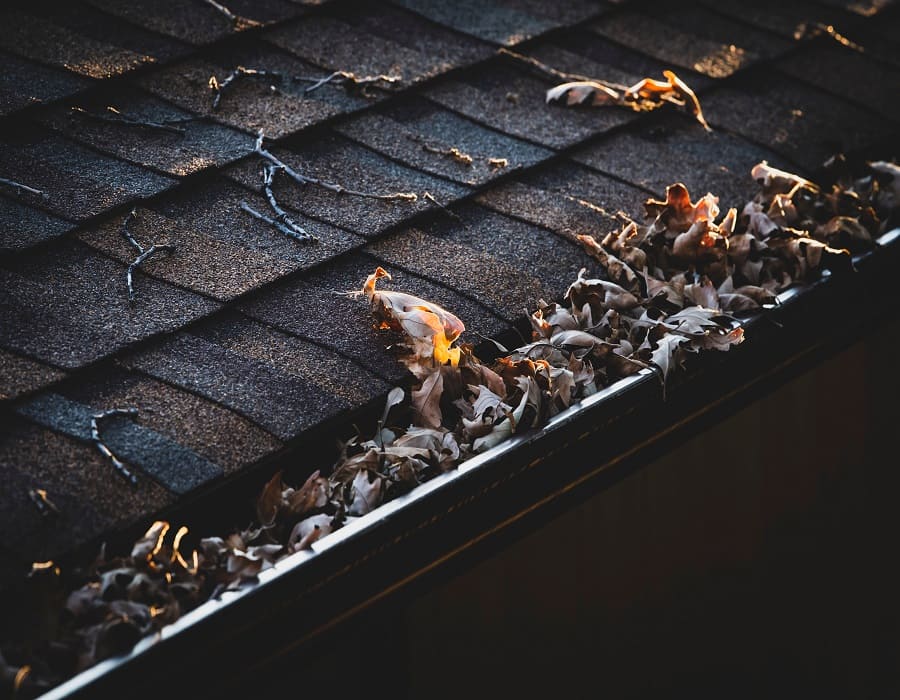Gutter guards are an essential component in maintaining the health and functionality of your home’s gutter system. Among the various types available, micro mesh gutter guards have gained popularity for their ability to keep debris out while allowing water to flow through.
In this article, we will delve into the micro mesh gutter guards pros and cons, helping you make an informed decision about whether they are the right choice for your home.
Understanding Micro Mesh Gutter Guards
Micro mesh gutter guards are protective covers made from fine metal or synthetic mesh material. The design is specifically engineered to allow water to flow through while blocking debris such as leaves, twigs, and pine needles.
The mesh is so fine that it prevents even tiny particles like sand and roof grit from entering the gutter system.
Installation Process
One of the notable advantages of micro mesh gutter guards is their relatively easy installation. In most cases, they are designed to fit seamlessly over existing gutters without the need for extensive modifications.
The installation process usually involves securing the guards in place using clips, screws, or other attachment mechanisms.
Pros and cons of micro mesh gutter guards
Pros of micro mesh gutters
- Effective Debris Filtration:
Micro mesh gutter guards are designed with extremely fine openings that prevent even the smallest debris, such as pine needles, seeds, and shingle grit, from entering the gutter system. This ensures that the gutters remain clear and free-flowing, reducing the risk of clogs and water damage.
- Durability and Longevity:
Constructed from sturdy materials like stainless steel or aluminum, micro mesh gutter guards are built to withstand the elements. They are resistant to rust and corrosion, providing a long-lasting solution for homeowners. This durability means less maintenance and replacement over time, saving both time and money.
- Prevention of Pest Infestations:
Traditional gutters, when clogged with debris, can become a breeding ground for pests such as mosquitoes, ants, and even birds. Micro mesh gutter guards act as a barrier, preventing debris accumulation and, subsequently, deterring pests from making a home in your gutters.
- Preservation of Gutters and Roofing:
By preventing debris buildup, micro mesh gutter guards contribute to the preservation of your gutter system and roofing. The reduced risk of clogs means less strain on the gutters, preventing potential damage from excess weight and ice dams. This can extend the lifespan of both your gutters and roof.
- Efficient Water Collection:
Micro mesh gutter guards strike a balance between keeping debris out and allowing water to flow freely. Their design ensures that rainwater is efficiently channeled into the gutters while debris is kept at bay. This feature is particularly crucial in areas with heavy rainfall, where efficient water drainage is essential to prevent water damage.
- Low Maintenance Requirements:
Compared to open gutters or other types of gutter guards, micro-mesh designs generally require less maintenance. With minimal debris entering the gutters, cleaning becomes a less frequent task, freeing up your time for other household chores or activities.
- Aesthetically Pleasing:
Micro mesh gutter guards are often designed to be low-profile and nearly invisible from the ground. This maintains the aesthetic appeal of your home without compromising functionality.
- DIY Installation:
Many micro mesh gutter guards are designed for easy installation, making them accessible for homeowners who prefer a do-it-yourself approach. This can save on installation costs.
Cons of micro mesh gutters
- Initial Cost:
One of the primary drawbacks of micro mesh gutter guards is their relatively higher initial cost compared to some other types of gutter guards. However, it’s important to consider this as an investment, given the potential long-term savings on maintenance and repairs.
- Installation Complexity:
The installation of micro mesh gutter guards can be more intricate compared to simpler designs. Proper installation is crucial for their effectiveness, and it may be advisable to hire professionals to ensure a precise and secure fit. While this adds to the upfront cost, it also guarantees optimal performance.
- Limited Capacity in Heavy Rainfall:
During intense and prolonged rain, the small openings in micro mesh guards may limit the water flow, potentially causing overflow. While this is rare, it’s essential to consider the capacity of the guards in extreme weather conditions.
- Ice and Snow Buildup:
In regions with cold climates, micro mesh gutter guards may be susceptible to ice and snow buildup. This can obstruct the mesh and impede water flow. However, some designs include features to mitigate this issue, such as a heated cable system or additional heating elements.
- Potential for Fine Debris Accumulation:
While micro mesh gutter guards excel at preventing larger debris from entering the gutter system, very fine particles like pollen or dust may accumulate on the surface. Over time, this accumulation could affect water flow, although regular rainfall often helps to naturally clean the mesh.
- Compatibility Issues:
Micro mesh gutter guards may not be compatible with certain roofing materials or gutter systems. Before purchasing, it’s essential to ensure that the chosen guard is suitable for your specific roof and gutter configuration.
Conclusion
In conclusion, micro mesh gutter guards pros and cons for homeowners, seeking an effective solution to prevent debris buildup and maintain a functioning gutter system.
While they come with a higher initial cost and considerations for installation and potential ice buildup, the long-term advantages often outweigh these drawbacks.
As with any home improvement decision, it’s crucial to weigh the pros and cons based on your specific needs, budget, and local climate to make an informed choice that best suits your home.

